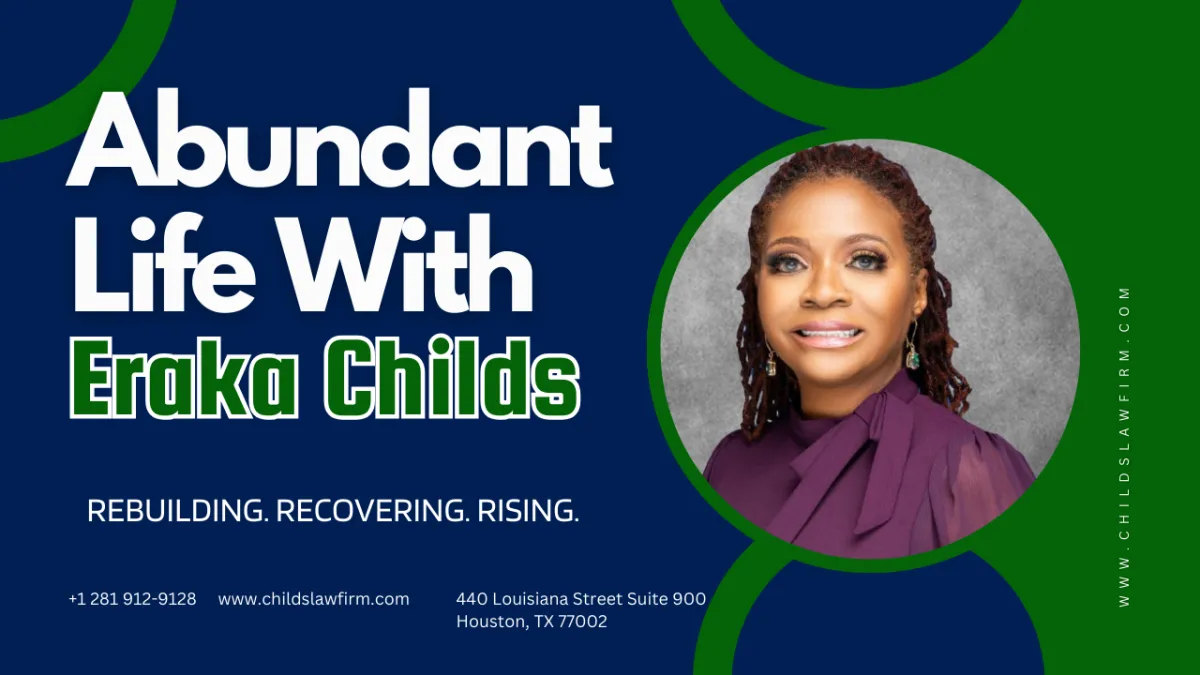Protect Your Loved Ones with Expert Guardianship Legal Support
We help families establish legal guardianship with clarity, compassion, and efficiency.

Experienced Attorneys
Decades of family and probate court experience

Client-Focused Approach
We prioritize your family’s needs and peace of mind

Fast, Compliant Filing
We handle all paperwork and court representation for you
What Is Legal Guardianship?
Guardianship law governs the legal process by which one person is appointed to make decisions on behalf of another who is unable to do so themselves, due to age, disability, or incapacitation. Our firm specializes in both guardianship for minors and adults.

When Do You Need a Guardianship Attorney?
When to Seek Legal Guardianship Assistance
When a child loses both parents or is in an unsafe environment
When an elderly parent suffers from dementia or Alzheimer’s
When a special needs adult requires lifelong care
When a loved one becomes incapacitated due to illness or injury

Our Guardianship Law Services Include:

Adult Guardianship – Helping families care for aging or incapacitated loved ones.

Guardianship for Minors – Ensuring children have responsible legal caretakers.

Guardianship Disputes & Litigation – Resolving conflicts regarding guardianship appointments.

Alternatives to Guardianship – Exploring less restrictive options like powers of attorney or trusts.

Guardianship Compliance & Reporting – Assisting guardians in fulfilling their legal duties.

Guardianship Compliance & Reporting – Assisting guardians in fulfilling their legal duties.
STILL NOT SURE?
Guardianship FAQs
How long does the guardianship process take?
The timeline can vary depending on the type of guardianship and your state laws. On average, the process takes 30 to 90 days for permanent guardianship. Emergency or temporary guardianship can be granted in as little as 1 to 2 days if there is an urgent need. Our firm ensures that all paperwork is filed correctly and promptly to avoid unnecessary delays.
Do I need a lawyer to get guardianship?
While you’re not legally required to hire a lawyer, having a guardianship attorney greatly increases your chances of a smooth and successful outcome. We handle legal documentation, represent you in court, and ensure your case complies with local laws—especially important in contested or complex situations.
Can guardianship be temporary?
Yes. Courts can grant temporary or emergency guardianship if an immediate need arises—such as protecting a child or adult from harm. These orders typically last 30–90 days, after which the court may consider a permanent guardianship arrangement.
What are the rights and responsibilities of a legal guardian?
A guardian has the legal authority to make decisions for another person (the ward), including:
- Managing medical care
- Handling finances and property
- Choosing living arrangements
- Ensuring the ward’s well-being and safety
Guardians must act in the best interests of the ward and may be required to report regularly to the court.
What’s the difference between guardianship and power of attorney?
Power of attorney is a voluntary agreement where someone (the principal) appoints another person to act on their behalf. Guardianship is court-ordered and typically used when someone is incapacitated or unable to consent. Guardianship can override a power of attorney if the court finds it necessary.
Can guardianship be revoked or modified?
Yes. A court can terminate or modify guardianship if:
- The ward regains capacity
- A more suitable guardian is available
- The current guardian is not acting in the ward’s best interest
We can help you file petitions for modification or termination when circumstances change.
Trust Factors (Testimonials)
What Our Clients Say
Stay Informed with Legal Tips & Updates
Join our community to receive weekly insights, legal news, and exclusive offers straight to your inbox.

